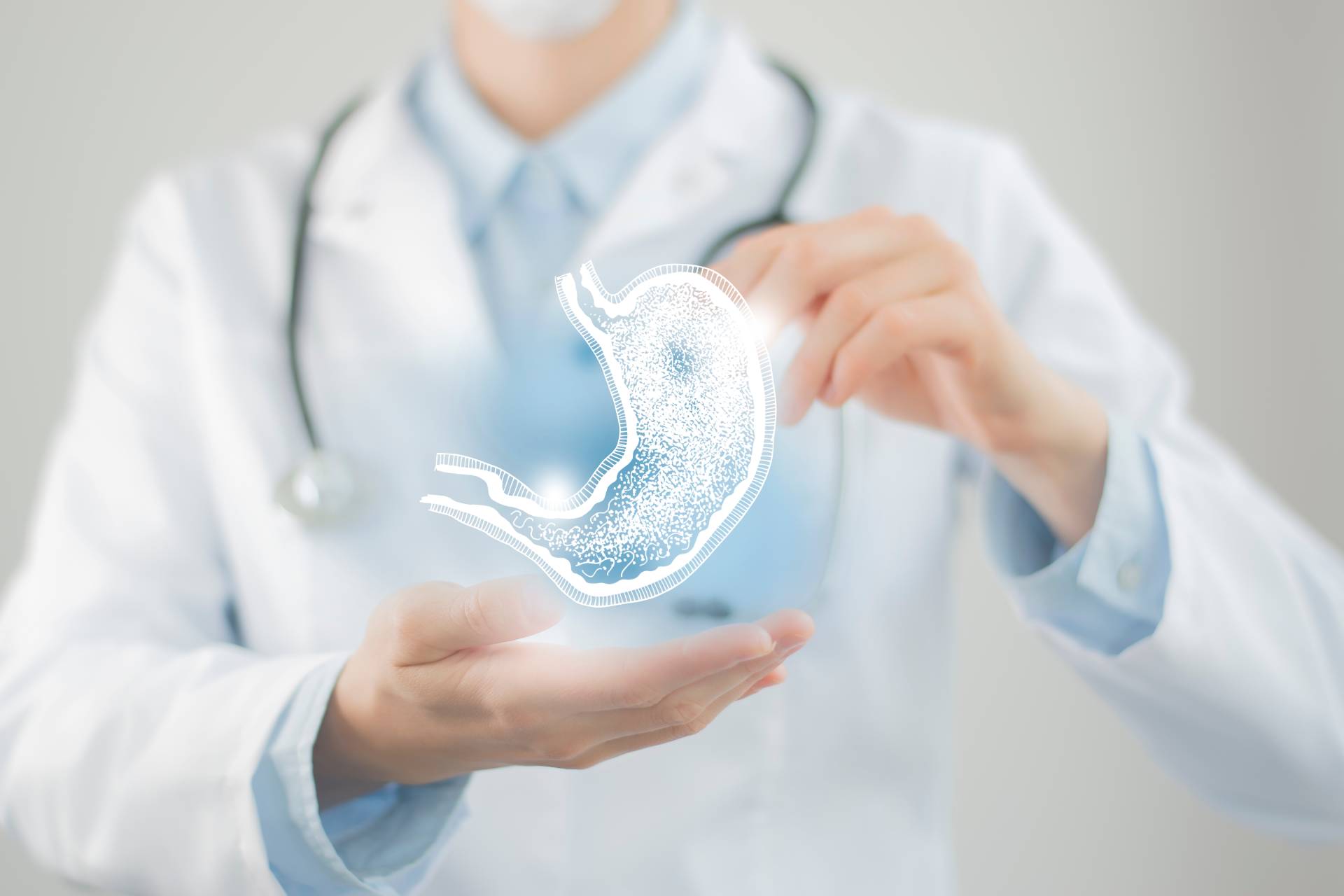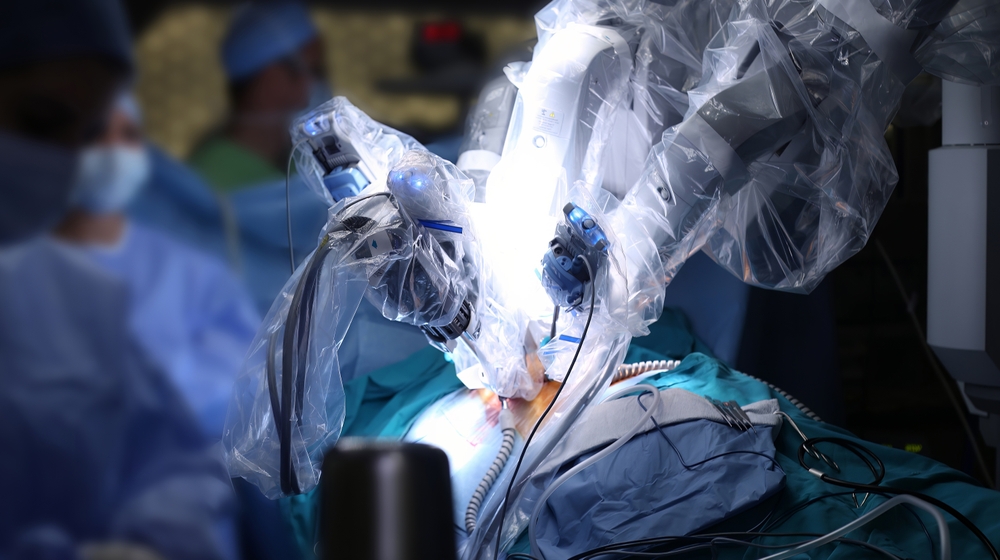
How Do You Prevent GastroIntestinal Surgery? Know Everything About GI Surgery
What Is Gastrointestinal Surgery?
GI Gastrointestinal surgery is the treatment for diseases that affect the part of the body which helps in the digestion process. The GI surgery removes tumors or any damaged part from the gastrointestinal tract, such as intestine or pancreas. This GI surgery is also used to solve problems like inflammatory bowel disease, severe acid reflux, hernia and many other chronic diseases.
Gastrointestinal surgeries are classified into two categories based on the parts of gastrointestinal tract: upper GI gastrointestinal surgery and lower gastrointestinal surgery.
Upper gastrointestinal surgery:
Upper gastrointestinal surgery refers to a practice of surgery which focuses on the upper parts of the gastrointestinal tract. This includes gallbladder, liver, pancreas, esophagus, duodenum and stomach.
A doctor may recommend upper gastrointestinal (GI) surgery if the patient experiences symptoms such as bloating, abdominal pain, heartburn, difficulty swallowing, and acid regurgitation.
Lower gastrointestinal surgery:
Lower GI surgery focuses on the lower gastrointestinal tract. This includes the small intestine, colon, rectum, and anus.
Diseases in each of these parts of the intestine cause different symptoms and are treated differently. Therefore it is always important to seek advice from a well known hospital when you have a new problem or notice that something is not right. Any new rectal bleeding, abdominal pain, change in bowel habits, or unexplained weight loss should be investigated immediately. A new lump or swelling also requires an immediate examination by a specialist.
Which Gastrointestinal Diseases Need To Be Treated With GI Surgery?
- Diverticular Diseases: A chronic condition in which small pouches or pockets form in the large intestine, causing constant pain. This condition is also known as diverticulosis. Initially, the medical team will prefer to cure it without surgery. However, when it becomes severe or inflamed, the surgeon must perform a bowel resection to remove the swollen part of the intestine.
- Rectal prolapse: A serious condition in which part of the intestine slips through the anus. Gastrointestinal surgeons treat such health conditions through surgery.
- Weight loss: While there are many reasons for weight loss, different types of surgery are performed if it is caused by an inflamed digestive tract such as intestinal disease or gastroenteritis.
How Is Gastrointestinal Surgery Done?
Surgeons use minimally invasive surgery for gastrointestinal diseases whenever possible, depending on the specific case of each patient. There are several types of minimally invasive surgical techniques, such as:
- Laparoscopic surgery: In laparoscopy, a laparoscope is inserted through a small incision to perform surgery. The surgeon inserts small instruments through another small incision to gain access to the treatment area.
- Endoscopic Surgery: Endoscopy uses an endoscope that is inserted through the mouth, nose, or other natural opening in the body to gain access to the treatment area. The surgeon inserts small instruments through the endoscope to perform the operation.
- Robotic surgery: Using a computerized system, the surgeon controls the mechanical arm holding the camera and surgical instruments to perform laparoscopic surgery. Surgeons use consoles that provide a high-resolution, magnified 3D view of the surgical site. Robotic hands have a wider range of motion that offer greater flexibility for complex and complex procedures.
How To Prevent Gastrointestinal Diseases?
Many colon and rectal diseases can be prevented or minimized by maintaining a healthy lifestyle, practicing good bowel habits, and more.
Prevention of gastrointestinal disease requires lifestyle changes:
Eat healthier: This includes eating more green leafy vegetables, fruits, nuts, and seeds. Also avoid carbonated drinks such as soda and bottled water, as well as spicy or fried foods.
Maintain a healthy weight: Being overweight or obese is a risk factor for a variety of conditions, including many on the gastrointestinal list. This is because it causes inflammation in many internal organs, as well as reduced immunity.
Take proper sleep: Several digestive disorders have been linked to people suffering from chronic insomnia, especially those with irritable bowel syndrome. Because when you sleep, your body works to fix all the problems in your body.
Don't let stress take over your life: There are many factors that can make your life stressful. However, stress and anxiety can exacerbate symptoms of indigestion and cause you to experience stomach cramps. In addition, every aspect of the digestion process is controlled by the nervous system, which responds to stress. That's why it's so important to find the stress reliever that works best for you.
Drinking enough water: Water intake is important to move the food through your digestive system and keep your intestines flexible. Therefore, dehydration is associated with a long list of digestive disorders. It is also one of the most common causes of chronic constipation, which in turn increases the chances of hemorrhoids.
Changing your diet and exercise habits is often the recommended first step to better digestive health. If you continue to have digestive problems, seek the best hospital in India for the treatment.






